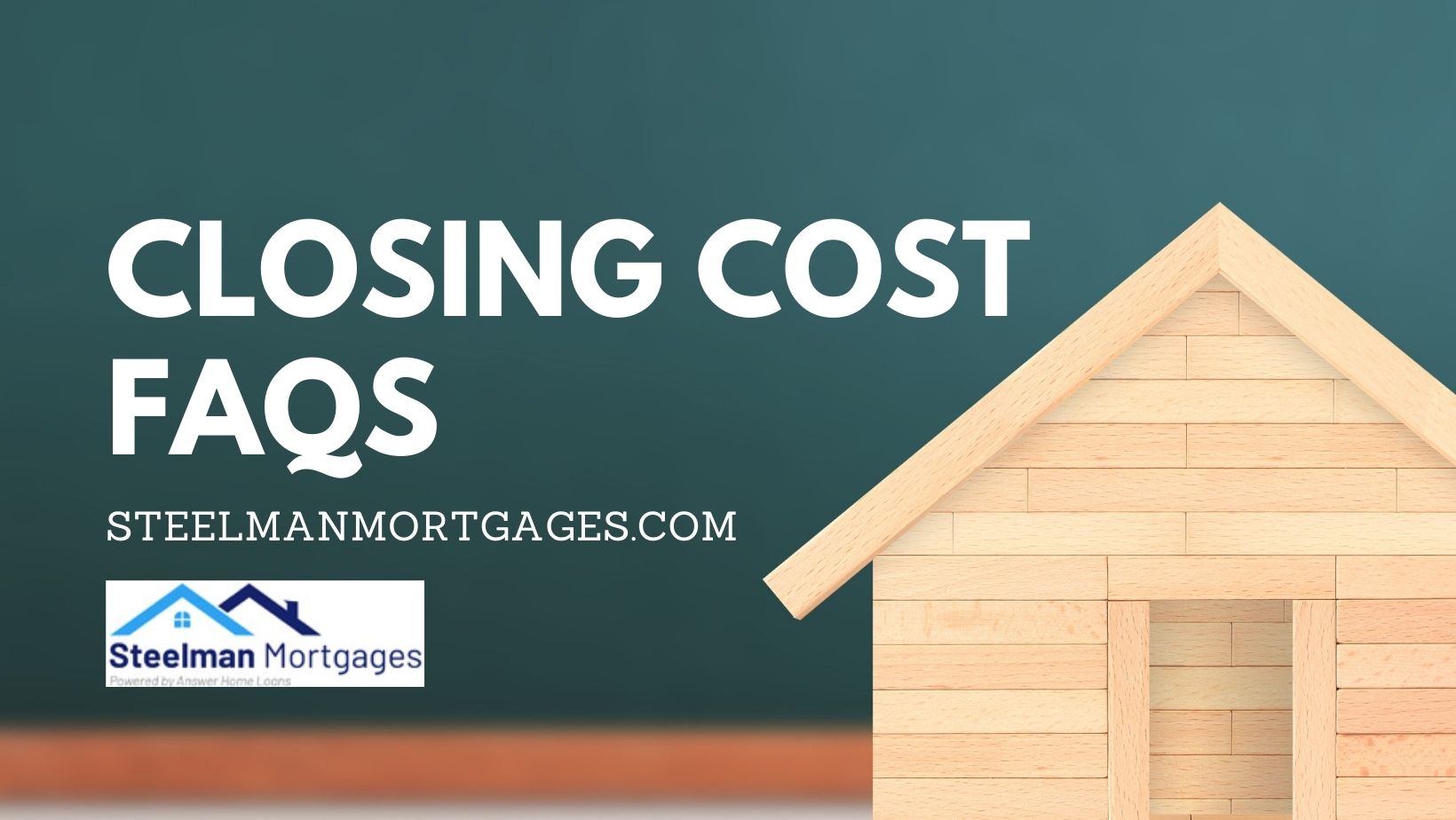The terms pre-approval and pre-qualification might be interchangeable but to a lender there quite different. You might think your pre-qualified to maintain a monthly housing payment when in fact you’re not really pre-approved through a lender. Let me try to explain.
Pre-qualification is simply some basic numbers either over the phone or on a pre-qualification calculator you have found online. You put it how much you make or you tell the person over the phone how much you make on an annual basis and approximately how much debt you have. Couple this with the interest rate and any property tax and insurance should give you a monthly mortgage payment that will fit your budget. However, this is quite different from an actual pre-approval.
Pre-approval means a lender or mortgage advisor will run your credit, go through all your debts, income, assets, and liabilities to determine how big of a risk you are by taking on a mortgage payment.
Lenders don’t want to loan money on borrowers they feel are high risk. For instance, if you have over 50% of your income going towards debt, they are hesitant about you incurring any more debt. If you make $60,000 a year and half of your income is going towards two new loans, medical bills, and credit cards, taking on a mortgage may not be the best financial decision for you now. If you make $250,000 a year and you have less than 20% of your income going toward debts, you are a much lower risk applicant and therefore can afford a higher-priced home.
Before you buy a house, lenders and buyers need to know how you’ll pay for it. Did you know that nearly 90% of homebuyers finance the purchase of a home loan? So, lenders need to know how you can afford to make your mortgage payment and this means getting information from your bank, credit union, employer, pay stubs, creditors and the like to find out exactly how much you owe every month and how much you can afford in a monthly mortgage payment.
Simple pre-qualification means that you are conditionally approved to buy a home up to a certain price based on basic information. Pre-approval means we’ve done the research and we know for sure that if nothing changes between the time you make an offer and the time the transaction closes we can 99% guarantee that you can afford this home. Of course, this is in a 100% guarantee. Things can change throughout the transaction so if you lose your job, make any large purchases, rack up extra-debt, or make major financial changes, it can really affect your chances of getting the home loan, pre-approval, and the home itself.
Pre-qualification typically doesn’t require the documentation and proof of funds needed as pre-approval does. Pre-qualification is really the first step to finding out how much home you think you can afford. Pre-approval proves this assumption. The differences between pre-approval and pre-qualification are really a matter of reporting financial information versus providing documentation for it. And in this case, once you are pre-approved, your lender will issue a letter of pre-approval. This comes in very handy when making an offer on a home. You can show sellers that you are serious about buying because you’ve done your financial homework, not just filled out a few boxes on an online calculator.
Is it okay to shop around for a home loan?
Of course! Just like your shopping for the right home, shopping for the right mortgage can mean the difference of several thousands of dollars. You want to make sure you get the right loan, terms, and service that you need whether it’s a conventional loan with a 20% down payment or a USDA loan with zero down and very low closing costs. You have to find what works for you and tell lenders that you are shopping around because they’re more likely to offer competitive rates.
Have more questions? Get pre-approved today with one of our trusted lenders throughout the Roseville CA area
Contact Me Today
MORE FINANCIAL TIPS TO HELP GET YOU STARTED:
- How to Get Pre-Approved for a Mortgage
- The Economic Impact of Buying a Home
- Steps to Determining Your Mortgage Budget
- 5 Benefits of Buying a House with Good Credit
- The Most Important Steps Toward Buying Your First Home
- First Time Homebuyer Mistakes to Avoid
- What is the Minimum Down Payment for a House




